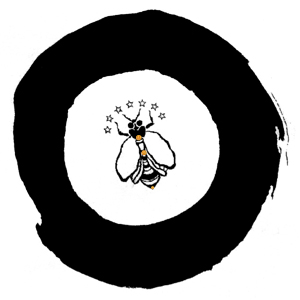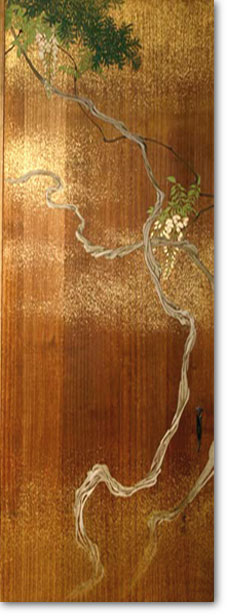 |
WingTouch Remedies - HONEYBEE
PROPOLIS
WingTouch Remedies has created the quintessential liquid propolis formula in the Americas with propolis balm gathered by honey bees from conifer, poplar, and linden trees, and certain plant resins.
|
|
From Hippocrates, who used propolis to cure ulcers and shrink tumors (internally and on the skin); from the Egyptians to the Maya; from the Chinese to the Japanese; healers around the world have used propolis as a prime ingredient or in blended formulas, ointments and tinctures. Today it still provides swift and effective healing for many conditions including slow-healing cuts and wounds and herpes simplex virus, types 1 and 2. Propolis also acts as an antioxidant and free-radical scavenger, Certain components of propolis appear to be absorbed to circulate in the blood and to behave as a hydrophilic antioxidant that actually saves vitamin C in the body. WingTouch Remedies Liquid Propolis is a concentrated natural antibiotic and a powerful protector endowed with 100+ pharmacological properties. These properties are due to the biochemical characteristics found in the 300+ substances which are included in its composition, consisting of 55% resinous compounds and balsams, 30% waxes, 10% etheric oils and 5% bee pollen. Among its numerous properties are: vitamins B1, B2, B6, A, C, and E, riboflavin, nicotinic and pantothenic acid. Propolis also contains caffeic acid phenethyl ester (CAPE) which has been proven to have antiviral and anti-inflammatory effects. Propolis has a direct bacteriostatic and mycostatic effect on a variety of bacteria and fungi (e.g. Candida albicans), and also inhibits the adhesion of bacteria to the cell. As part of the Hoshin Protocol, it has been found to cause a breech in the biofilm of the Lyme spirochete thus enabling the immune system to identify and destroy the bacteria.
Propolis documented therapeutic effects: • Gently stimulates the
thymus gland and immune system
|
Hoshindo Healing Arts Institute | Santa Fe, NM | Voyce Durling-Jones © 2010
